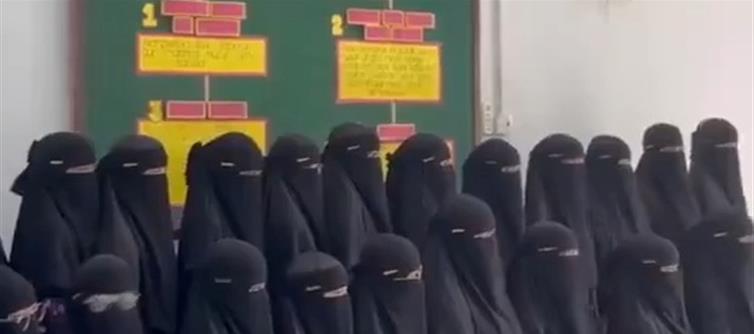
For the women in the photo, the act of graduating—regardless of how they are dressed or whether their faces are shown—is a significant milestone. The image represents achievement, perseverance, and educational success, especially in societies where cultural or systemic barriers may still challenge women’s access to higher education. To them, wearing the niqab is a choice tied to religious values, and choosing to celebrate academic accomplishment within those boundaries is a form of empowerment, not anonymity. Judging the photo’s value purely through a visual or aesthetic lens overlooks the more profound meaning it holds for the graduates and their communities.
This incident also underscores the ongoing global tension between secular norms and expressions of religious identity. In diverse societies, respecting different cultural traditions—even when they challenge conventional expectations—is essential to coexistence. Rather than mocking or dismissing such images, there is an opportunity to reflect on how inclusivity extends beyond dress codes and visibility, to the right of individuals to express success and pride in a manner consistent with their beliefs. Graduation is, after all, a celebration of knowledge—and the face of that achievement can be defined in more ways than one.




 click and follow Indiaherald WhatsApp channel
click and follow Indiaherald WhatsApp channel